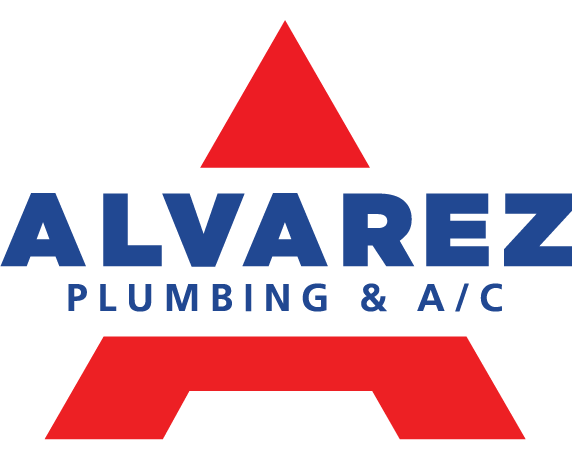Freon is a refrigerant that is used in central air conditioners that is responsible for cooling the air. It is also considered to be an Ozone depleting agent; therefore, only licensed individuals may handle the chemical. Here are a few common questions we receive about Freon.
1. How do I know if my air conditioning unit is low on Freon?
There is only one method to know for sure if your Freon levels are low, by using specialized equipment that is capable of gauging Freon levels. If you have any of the following signs of low Freon levels, contact us today to have your unit checked.
Cool air at night but warm air being blown out of the vents during the day is an introductory sign of lessening Freon levels.
Your air conditioner blows warm air constantly, and your thermostat is set to cool and not auto.
There is noticeable frost covering the coil in the indoor unit of your air conditioning system.
Excessively high electric bills are a sign of something going wrong, including a Freon leak.
These can also be signs of a malfunctioning condenser fan (the fan in the outside unit), a dirty air filter, or the condenser (outside) unit is clogged up by dirt, leaves, or other debris. Check these other areas and if correcting them does not solve your problem, then let us come out to check for a Freon leak.
2. How often does Freon need to be refilled?
Freon does not need replacing; your air conditioning unit is a self-contained system. The Freon currently in your air conditioning unit will continue cycling through the unit time and time again. It does not get used up or worn out. If your Freon levels are low, it is because there is a leak somewhere in the system. Leaks can be potentially dangerous because of the damaging effects Freon has on the environment. Leaks should be identified as quickly as possible because Freon will evaporate into the atmosphere, where it does the most damage, attacking the ozone.
3. How much does Freon cost?
Like many products, the price of Freon can fluctuate based on several factors.
4. Type of Freon required by your system
Freon comes in different types. An older version of Freon, that is being phased out and is only present in air conditioning units that are 10 years or older, is called R-22. Because it is being phased out, it is far more expensive than newer and more readily available forms of Freon. R-22 can cost anywhere from $120 to $150 per pound depending on the other factors listed. And in many scenarios requiring the refill of Freon, several pounds are required. Another type of Freon is called R410A and is considered to be a little bit more environmentally friendly in comparison to R-22. It also costs far less; a 25 lb. cylinder can cost between $130-$150. This is the base cost before retail mark-up and labor costs.
5. Local climate
Warmer areas make use of their air conditioners more and as a result will need Freon more often than their colder counterparts. Due to the supply and demand economic theory, this can drive the price up for warmer climate areas.
6. Seasons
As with climate, warmer seasons, especially summer, can also greatly affect the supply and demand ratio.
7. Individual contractors
Licensed contractors purchase Freon at a base cost, but like any retailer, they mark-up the product so that they make a profit to cover overhead costs. You also have to take into account labor costs as well.
8. Can I re-charge Freon myself?
Technically, yes; however, depending on the type of refrigerant you need and laws regarding the sale, purchase, and use of it, may prevent you from being able to do it yourself. The U.S. Environmental Protection Agency (EPA) and state and local governments have specific regulations and laws requiring licensing for individuals to work with Freon. R-22 is more restricted than R-410A. Check local laws and regulations before purchasing and using Freon. It is also a safer bet to contact a professional to handle such a volatile substance.



Recent Comments